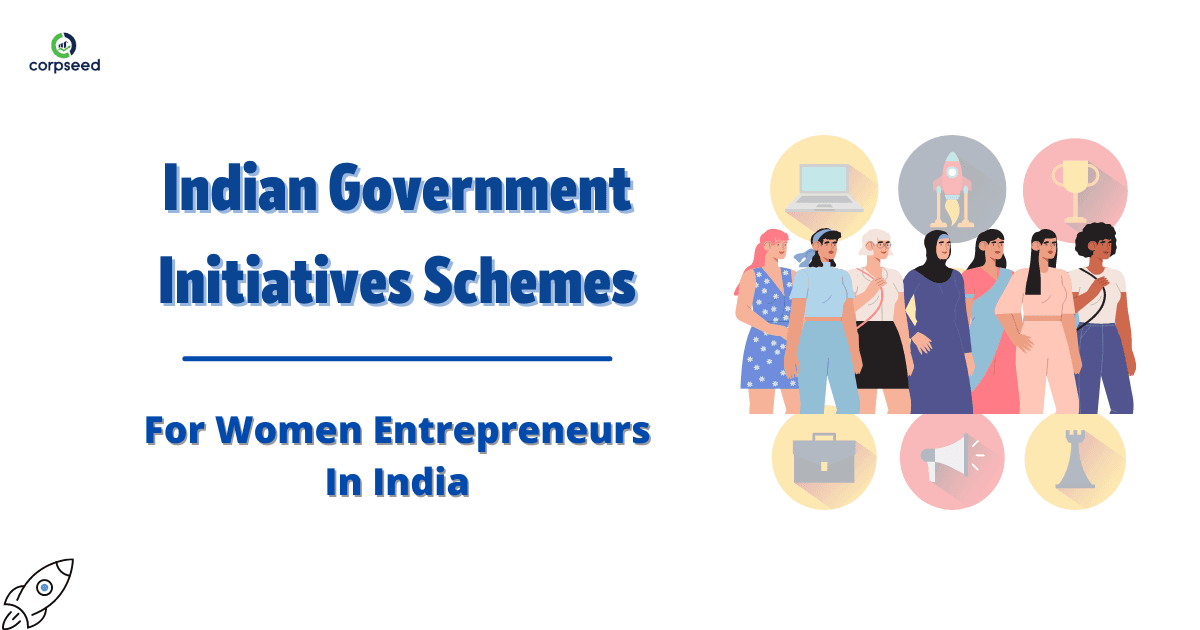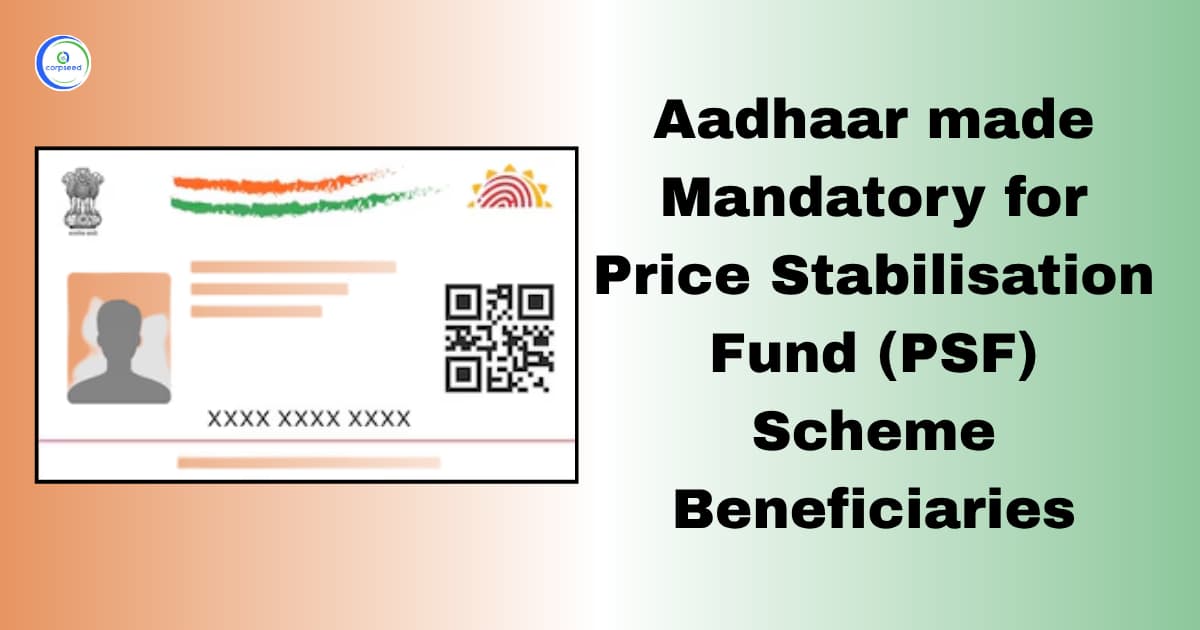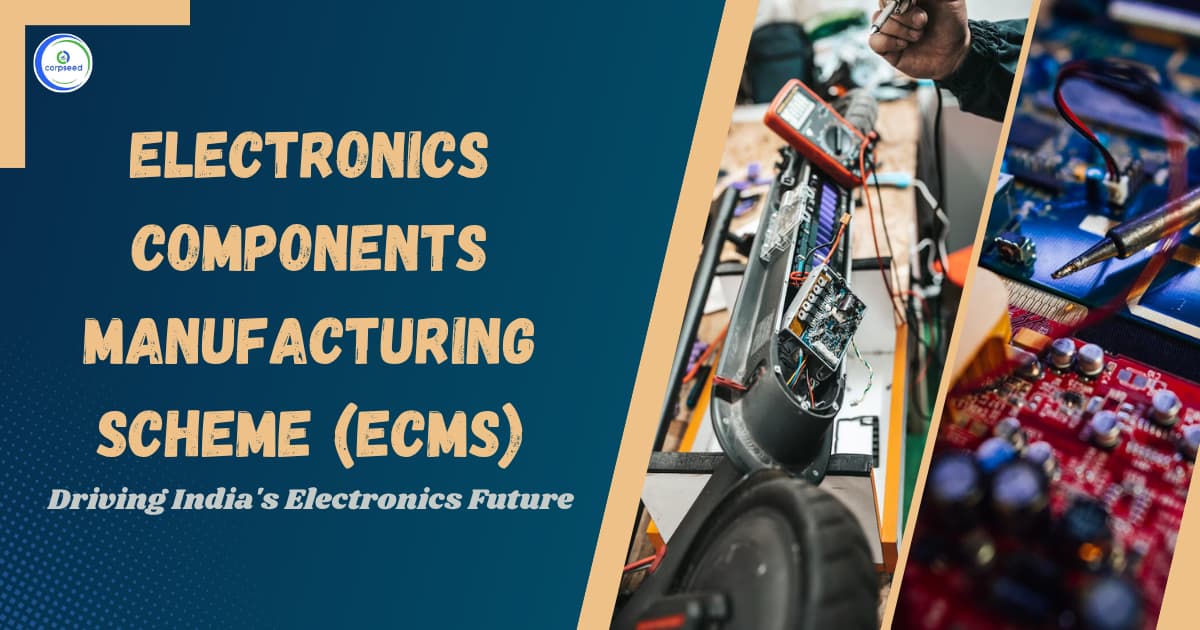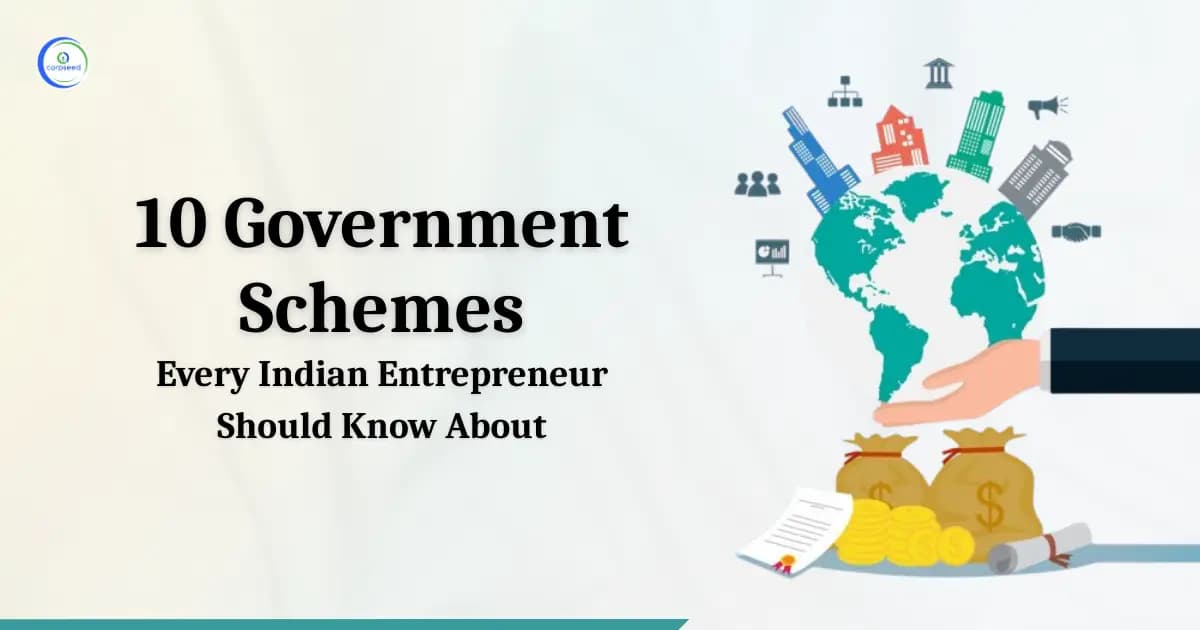
Loading...

A female entrepreneur can be defined as a woman or a group of women starting organizing and running a business. Women entrepreneurs run more than a third of all businesses in the world.
About the Author

Experienced Digital Marketer with a demonstrated history of working in the Internet industry. He likes to write about the latest technology trends, Skilled in Digital Marketing likes. Search Engine Optimization, SMO, SEM, PPC, Content Writing, and, Designing, etc.
Related articles

Aadhaar made Mandatory for Price Stabilisation Fund (PSF) Scheme Beneficiaries
2025-10-31

Electronics Components Manufacturing Scheme (ECMS): Driving India's Electronics Future
2025-10-28
_for_Compressed_Biogas_(CBG)_Corpseed.webp&w=1536&q=75)
Scheme Guideline for Development of Pipeline Infrastructure (DPI) for Compressed Biogas (CBG) Offtake
2025-09-22

10 Government Schemes Every Indian Entrepreneur Should Know About
2025-08-18

What is a Hackathon? A Beginner’s Guide to Innovation Marathons
2025-07-18

Indian Footwear and Leather Development Programme (IFLDP) - Scheme Benefits - Procedure - Documentation - Eligibility
2024-08-16